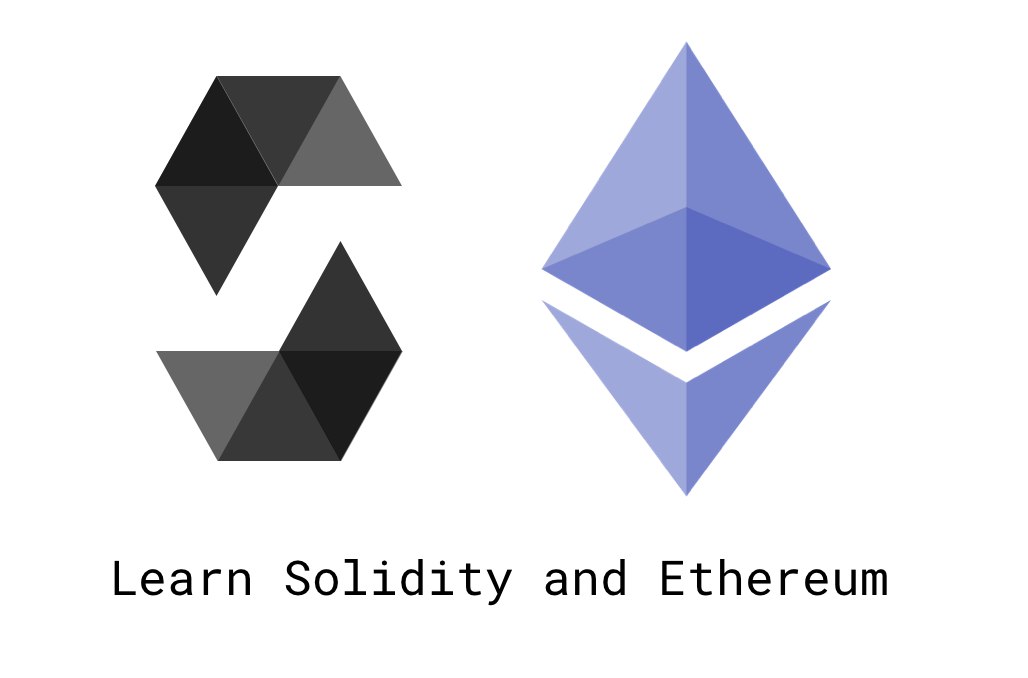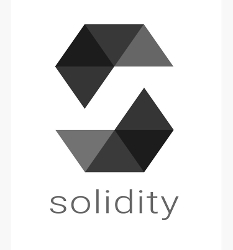Solidity is a programming language used for writing smart contracts on the Ethereum blockchain. It is a statically-typed, object-oriented programming (OOP) language that is designed to be used for creating decentralized applications (dApps) and other blockchain-related projects.

Some key features of Solidity include:
1. Smart contract functionality:
Solidity allows developers to define smart contracts, which are self-executing agreements with pre-programmed logic that run on the Ethereum blockchain.
2. Security:
Solidity is designed to prioritize security, with features such as built-in checks for integer overflow and underflow, as well as support for access control and permission management.
3. Modularity:
Solidity supports the use of libraries, allowing developers to create reusable code modules and reduce code duplication.
4. Contract-oriented programming:
Solidity follows a contract-oriented programming (COP) approach, where the interactions between smart contracts are defined using contracts, which are similar to classes in OOP.
5. Ethereum integration:
Solidity has built-in support for interacting with the Ethereum blockchain, including sending and receiving Ether (ETH), managing accounts, and interacting with other smart contracts.
6. Event-driven programming:
Solidity supports event-driven programming, allowing smart contracts to emit events that can be used by external applications to listen for changes in the blockchain state.
7. Testability:
Solidity supports unit testing and integration testing, allowing developers to write tests to verify the correctness and security of their smart contracts
Solidity was developed by a team of programmers led by Gavin Wood, who is also one of the co-founders of Ethereum. Solidity was initially proposed by Gavin Wood in 2014 and was developed as the primary programming language for writing smart contracts on the Ethereum blockchain.
Gavin Wood, along with other Ethereum co-founders like Vitalik Buterin, Jeffrey Wilcke, and others, played a key role in the development and launch of Ethereum, which is a decentralized blockchain platform that enables the creation of smart contracts and dApps. Solidity was specifically designed to be used with Ethereum and has since become one of the most popular and widely-used programming languages for writing smart contracts on the Ethereum platform
The main container types in Solidity are:
1. Arrays:
Arrays are used to store multiple elements of the same data type in a sequential manner. Solidity supports both fixed-size arrays and dynamic arrays. Fixed-size arrays have a fixed number of elements, while dynamic arrays can have a variable number of elements that can be resized during runtime.
2. Structs:
Structs allow developers to define custom data structures with multiple properties or members of different data types. Structs are similar to classes or objects in other programming languages and can be used to create complex data structures in Solidity.
3. Mappings:
Mappings are used to create key-value pairs where the keys and values can be of different data types. Mappings are similar to dictionaries or hash maps in other programming languages and are often used for data storage and retrieval in Solidity smart contracts.
4. Enums:
Enums are used to define a finite set of named values or constants. Enums are useful for representing discrete options or states in a smart contract, where a variable can only take on one of the predefined values.
5. Sets:
Sets are collections of unique elements, and Solidity has a built-in data structure called "mapping" that can be used to implement sets. Sets are useful for maintaining lists of unique elements or addresses in a Solidity smart contract.
6. Bytes and Strings:
Solidity also supports byte arrays and string types, which can be used for storing binary data or text data, respectively, in smart contracts

How Solidity is relevant for real-world applications include:
1. Decentralized Finance (DeFi):
Solidity is widely used in the development of DeFi applications, which are financial applications that run on the Ethereum blockchain without the need for intermediaries. DeFi applications, such as decentralized exchanges (DEXs), lending platforms, stablecoins, and yield farming protocols, rely on Solidity smart contracts to facilitate secure and transparent financial transactions.
2. Tokenization:
Solidity is used for creating and managing tokens on the Ethereum blockchain. Tokens represent digital assets, such as cryptocurrencies, digital securities, and utility tokens, and can be used for various purposes, such as fundraising (Initial Coin Offerings or ICOs), rewards, governance, and more. Solidity smart contracts provide the functionality to create, issue, and manage tokens according to predefined rules and logic.
3. Supply Chain Management:
Solidity can be used to implement supply chain management systems on the Ethereum blockchain. By leveraging Solidity smart contracts, supply chain stakeholders can track and verify the movement of goods, record product information, and ensure transparency and accountability in the supply chain process. This can help prevent counterfeit products, reduce fraud, and improve traceability in supply chains.
4. Identity Management:
Solidity can be used for building decentralized identity management systems, where users have control over their personal data and can manage their identity without the need for a central authority. Solidity smart contracts can be used to create and manage digital identities, verify user credentials, and establish trust among different parties in a secure and decentralized manner.
5. Gaming and NFTs:
Solidity is used in the development of blockchain-based games and non-fungible tokens (NFTs). NFTs are unique digital assets that represent ownership of digital or physical assets, such as digital art, virtual real estate, collectibles, and more. Solidity smart contracts can be used to create, trade, and manage NFTs, providing a transparent and secure way to verify ownership and transfer digital assets.
6. Governance and DAOs:
Solidity is used in the implementation of Decentralized Autonomous Organizations (DAOs), which are organizations that operate on the blockchain without a centralized management structure. Solidity smart contracts can be used to define the governance rules, decision-making processes, and membership management of DAOs, allowing for transparent and decentralized governance.
